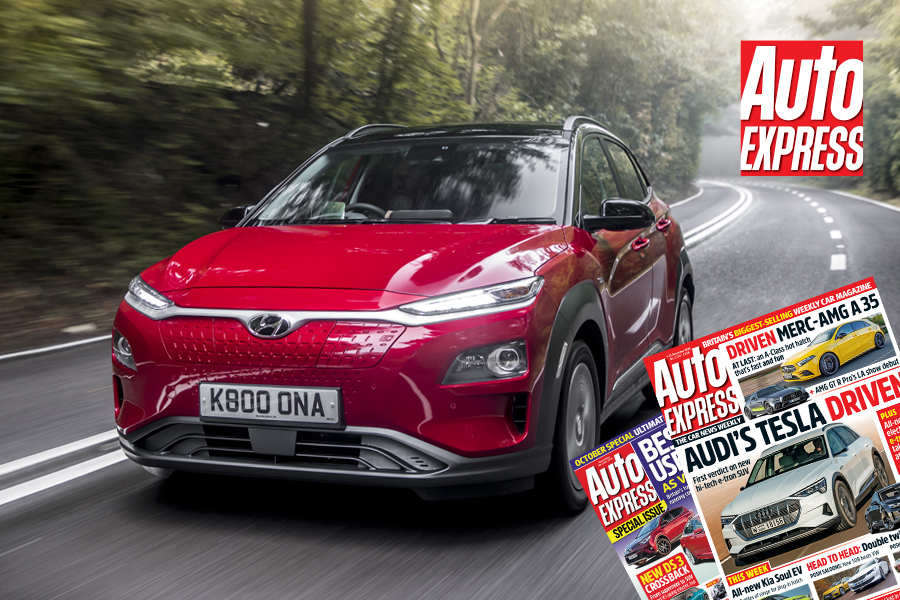Should I buy an electric car?
We answer your questions on Electric Vehicle ownership – is now the time to make the switch?
The idea of an electric vehicle (EV) is an increasingly appealing proposition. For some, it’ll be an opportunity to lower annual fuel bills, while for others the environmental benefits are too great to ignore.
Yet for every potential positive, there’s a nagging doubt telling you now is not the right time. Range anxiety? Charging infrastructure? Reliability? Fear not – here we answer all your EV questions to help you decide whether an electric car is right for you.
Electric cars: Range and range anxiety
When the first mainstream electric cars arrived in the UK almost a decade ago, few were capable of more than 80 or 90 miles on a single charge. Now, many will do more than 250 miles, with the very best managing 300 or more from their large capacity batteries.
Therefore, unless you drive from London to Manchester on a regular basis – or from Birmingham to Edinburgh every week – range anxiety shouldn’t be a problem; an electric car should comfortably cope with your daily commute. What’s more, if you’ve got a garage, driveway or off-street parking, installing a fast-charge ‘wallbox’ at home should be straightforward and relatively inexpensive. Prices start from around £300.
Electric cars: Charging and charge times
Currently, there are just shy of 20,000 public charge points in the UK. The fastest of these can charge at a rate of 50kW an hour, while slower feeds are also available. Top-up at one of the many ‘rapid’ chargers, and you could add up to 50 miles of range in the time it takes to grab a coffee.
The latest Hyundai Kona Electric 64kWh, which was awarded Auto Express Affordable Electric Car of the Year in 2018, can charge to 80 per cent full (around 220 miles) in just under an hour. However, if you can plug in overnight at home, or at work during the day, you may never need to stop at a motorway service station.
Electric cars: Purchase price, grants and running costs
Electric cars are still more expensive to buy than their petrol or diesel equivalents. Take the Volkswagen e-Golf, for example: Priced from just under £33,000, it costs considerably more than a mid-spec petrol model. However, every electric car is eligible for the government’s £3,500 plug-in car grant. Factor in the price of a full charge (less than £4) versus a tank of petrol, and you could see your motoring costs tumble.
Electric cars: Performance
The nature of electric motors, and the instant torque they provide, means many electric cars feel quite nippy around town. Of course, with no engine noise they’re quiet, too, with excellent refinement. But if you regularly use the performance on offer, you’ll be forced to charge the batteries more often.
Electric cars: Reliability
Despite being a relatively new phenomenon, EVs are fairly simple – with fewer moving parts than petrol or diesel cars. As such, they tend to be more reliable, with owners reporting positively in the Auto Express Driver Power owner satisfaction survey. Every new electric car is covered by a manufacturer warranty, while many offer longer guarantees on the batteries and/or electric motors.
So, should I buy an electric car?
Whether you should buy an electric vehicle will largely depend on how you use your car. With ever-increasing range, rapidly improving charging infrastructure and the prospect of dramatically reduced household bills, the pull has never been stronger. For many, the tipping point has arrived.
For more expert motoring and consumer advice, subscribe to Auto Express: the UK’s biggest selling weekly car magazine.
Try 6 issues for just £1 (RRP £21.50)
ADVERTORIAL





















